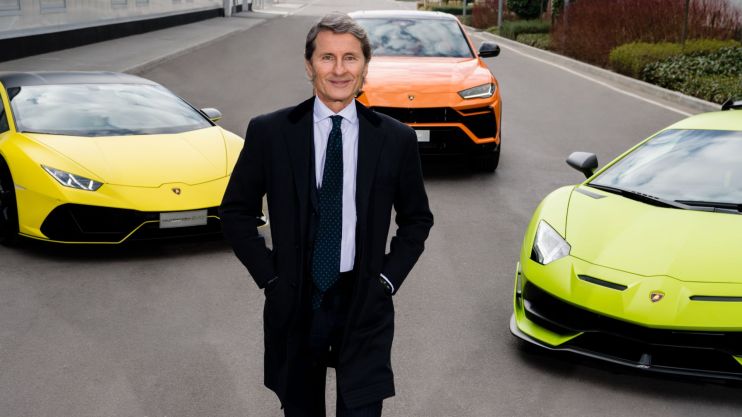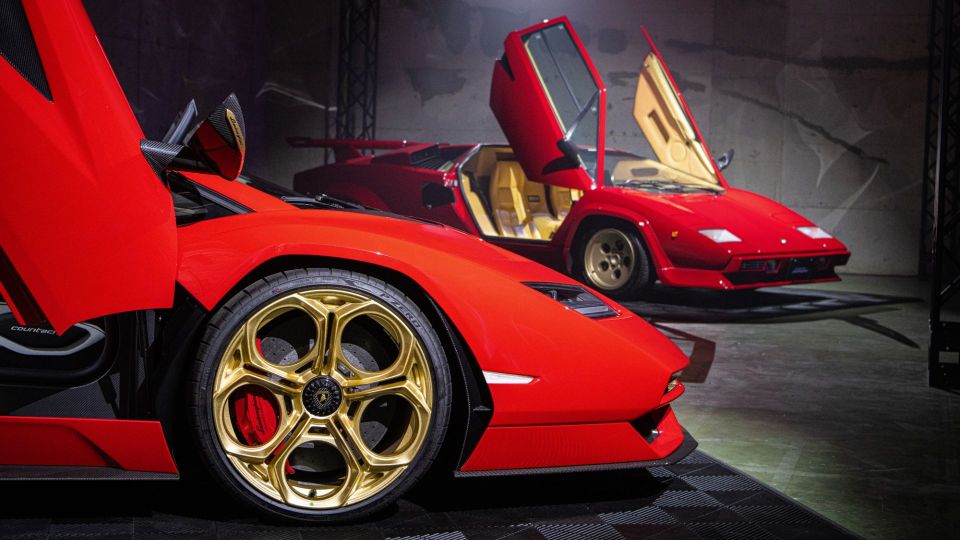Lamborghini CEO speaks to City A.M.: “We’ve had our best six months ever”

Lamborghini has announced record half-year results, with operating profit up 69.6 percent to £356 million on a turnover of £1.12 billion.
The Italian supercar manufacturer earned more profit in the first six months of 2022 than in the whole of 2021.
Speaking exclusively to City A.M., Chairman and CEO Stephan Winkelmann hailed the company’s “best six months ever”, attributing its performance to a better product mix, favourable euro-to-dollar exchange rate and the high proportion of Lamborghini customers – more than 50 percent – who opted for extra-cost customisation.
New models coming soon

A total of 5,090 cars were delivered by the end of June, an increase of 4.9 percent over the same period last year. The US remained Lamborghini’s biggest market, with 1,521 new cars sold. The UK is in fourth place, behind China and Germany, with 440 raging bulls finding owners.
The Urus “super SUV” accounts for 61 percent of sales, with typical waiting times now at 18 months – longer for the exotic Huracan STO.
On the day we spoke to Winkelmann, Lamborghini’s factory in Sant’Agata Bolognese had just built the final example of its flagship Aventador. That car’s successor – which retains a naturally aspirated V12 engine, but adds plug-in hybrid technology – arrives in 2023.
The CEO also promises two new derivatives of the Urus in the coming months, plus the off-road-ready Huracan Sterrato supercar this December.
Pressing fast-forward

Despite the success of the ‘reborn’ Countach LPI 800-4 (which sold out all 112 examples at £2 million each), Winkelmann says Lamborghini won’t pursue any further retro-themed remakes: “Our history is very important and you have to have rear-view mirrors, but they should not be too big. In general, we have to look forward and be innovative.”
For Lamborghini, looking forward means a focus on hybridisation, followed by the company’s first fully electric car in 2028.
Winkelmann says this will be a “fourth model line”, sitting alongside the Urus and two supercars (the as-yet-unnamed replacements for the Huracan and Aventador). Fingers crossed for a sleek and luxurious super-GT inspired by the classic Espada…
Future for e-fuels in doubt

On the question of synthetic e-fuels, Winkelmann seems more reticent. “I wish this is something we could fulfil, perhaps by going racing first [as Porsche has done with its Supercup series]. But if the EU bans petrol and diesel engines from 2035, and potentially for companies of our size from 2036, it will not be credible. The world’s megacities are making their own, even stricter, rules on emissions, too.”
Whatever happens next for Lamborghini, it advances from a position of strength. For a company sold to Audi in 1998 for just £90 million, that’s a remarkable turnaround.
Tim Pitt writes for Motoring Research